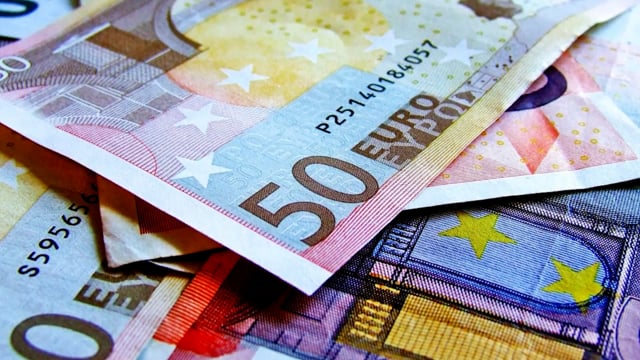Government subsidies cannot last forever, Edward Scicluna says
The governor of the Central Bank of Malta says consumers must accept reality and recognise price hikes as a sign to curb use


Government cannot be expected to protect consumers indefinitely in the face of rising energy and commodities prices, the governor of the Central Bank of Malta told Business Today.
Asked if the government could afford to keep on subsidising energy prices - and now introducing new subsidies on the price of wheat imports following the Russian invasion of Ukraine - Prof. Edward Scicluna said it is up to the government to determine what it can afford.
In 2021, the government’s Consolidated Fund reported a deficit of €1,242.2 million, €200 million less than 2020, with the COVID-19 pandemic and mitigating measures accounting for a big percentage of the deficit. By the end of 2021, total expenditure stood at €6,636.8 million, 13.3 per cent higher than the previous year.
Scicluna said the government should, as early as possible, draw up a strategy to start gradually reducing the deficit even though the EU’s Excessive Deficit Procedure was currently suspended and the government therefore did not face any sanctions for exceeding the 3% deficit threshold.
The EU suspended the EDP with the onset of COVID-19 to give member states more leeway in introducing measures to mitigate the spread of the virus.
“At the moment there are no rules, there is no excessive deficit procedure,” he said. “So the government is at liberty to decide what it can afford.”
Scicluna said that, as former finance minister, he knew how important it was for the government to look ahead to the future and not wait for rules to come into effect before formulating its strategy.
As to subsidies introduced by the government on energy and commodities price, Scicluna said that government must balance the wish to protect the consumer with the need to protect and save the economy.
In 2021, the government had budgeted €200 million for the rise in prices this year from COVID-19’s effects on the economy.

But finance minister Clyde Caruana announced in March that the war in Ukraine would cost the government at least another €200 million to protect consumers from fuel price increases and the increase in prices of cereals and grains.
He said that the impact of war in Ukraine was “not small”, and that “saving the economy” had once again become an existential challenge for the island.
Scicluna said that the government subsidies could only stretch so far, however.
“It’s important to protect the consumer as much as possible, every government wants to do that,” he said. “The question is, can you afford it?”
Scicluna insisted that consumers must, however, also accept the reality in the event of scarcity of a resource. A price increase is a sign of that reality consumers must face.
“It means the resource is scarce, please use it economically,” he said.
Scicluna noted that some countries in Europe were turning off heating and other services due to a drop in supply. He said this was not something enjoyable to experience but it was also a clear signal to consumers.
“I am sure the minister is already looking at, on the one hand, trying to protect the consumer as much as possible, but at the same time keeping an eye on the deficit and its future reduction,” he said. “The later we address this problem, the bigger the challenge will be.”






